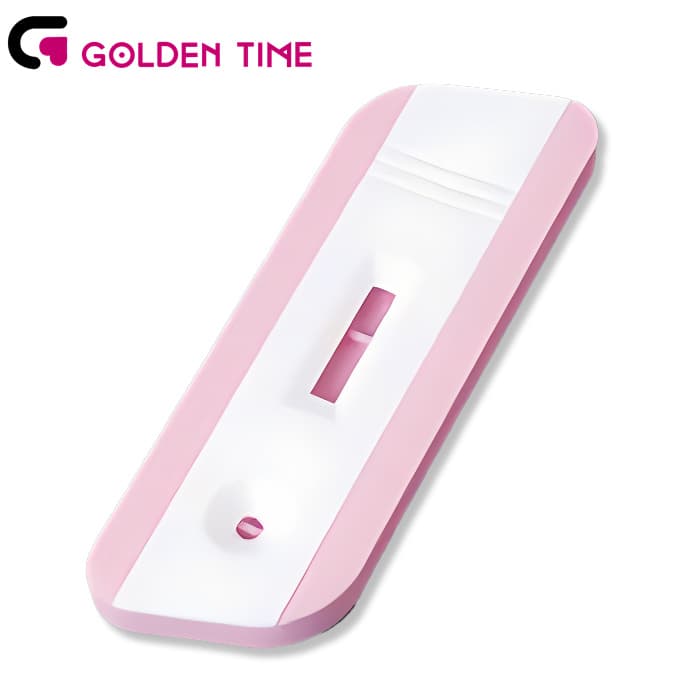Jul . 30, 2024 04:27 Back to list
Supplier of Bulk Malaria Diagnostic Tests for Wholesale Distribution and Healthcare Needs
Understanding Wholesale Diagnostic Tests for Malaria Suppliers and Their Significance
Malaria remains one of the most critical public health challenges worldwide, particularly in tropical and subtropical regions. Despite significant advancements in treatment and prevention, accurate and timely diagnosis remains imperative to controlling this potentially fatal disease. This brings us to the importance of wholesale diagnostic tests for malaria, a subject that not only impacts healthcare systems but also influences global health policies.
Malaria is caused by the Plasmodium parasite, transmitted to humans through the bite of infected Anopheles mosquitoes. The symptoms are often nonspecific, including fever, chills, and flu-like illness, which can lead to misdiagnosis. Therefore, reliable diagnostic testing is essential for confirming malaria infection and guiding appropriate treatment.
Wholesale suppliers of diagnostic tests for malaria play a crucial role in ensuring the accessibility and affordability of these tests in endemic regions. These suppliers typically provide a range of diagnostic tools, including Rapid Diagnostic Tests (RDTs), microscopy-based tests, and molecular techniques like Polymerase Chain Reaction (PCR). Each of these testing methods has its own strengths and limitations, but RDTs have become particularly popular due to their quick turnaround time and ease of use, making them suitable for remote areas with limited laboratory infrastructure.
One of the key advantages of sourcing malaria diagnostic tests through wholesale suppliers is the potential for cost savings. Bulk purchasing can significantly reduce the price per unit, making these essential tests more accessible, especially in low-resource settings. This is vital in ensuring that healthcare providers can diagnose and treat malaria promptly, ultimately contributing to better patient outcomes.
wholesale diagnostic test for malaria supplier

Additionally, reputable suppliers often ensure the quality and reliability of their products. Many of them comply with international standards and regulations, such as those set by the World Health Organization (WHO) and other governing bodies. This ensures that healthcare providers receive tests that are not only affordable but also effective in accurately diagnosing malaria.
When selecting a wholesale supplier for malaria diagnostic tests, factors such as quality assurance, regulatory compliance, and customer support should be considered. Suppliers that have established reputations in the industry often offer comprehensive services, including training for healthcare workers in the correct use of diagnostic tools, which is instrumental in enhancing the testing accuracy.
Furthermore, the significance of wholesale diagnostic tests extends beyond individual patient care. Accurate diagnosing helps in surveillance and epidemiology, allowing public health authorities to monitor and control malaria outbreaks more effectively. This data aids in allocating resources, implementing intervention strategies, and developing policies targeted at high-risk areas, thereby reducing the overall burden of malaria.
In conclusion, wholesale diagnostic tests for malaria are indispensable tools in the global fight against this disease. Suppliers that focus on providing high-quality, affordable, and accessible diagnostic solutions play a vital role in enhancing malaria control efforts. By ensuring that healthcare providers are equipped with reliable testing methods, we can improve patient outcomes, inform public health decisions, and ultimately work towards a malaria-free world. The demand for these tests will continue to rise as we seek innovative solutions to tackle the challenges posed by malaria and strengthen health systems in the most affected regions.
-
Dengue NS1 Rapid Diagnostic Test Kit
NewsMar.07,2025
-
Dengue NS1 Rapid Diagnostic Test Kit
NewsMar.07,2025
-
Dengue NS1 Rapid Diagnostic Test Kit
NewsMar.07,2025
-
Transferrin Rapid Test Cassette Tumor Marker TF Card
NewsMar.07,2025
-
Malaria Pf Pan Rapid Diagnostic Test Kit
NewsMar.07,2025
-
malaria pf / pan ag rapid test
NewsMar.07,2025

